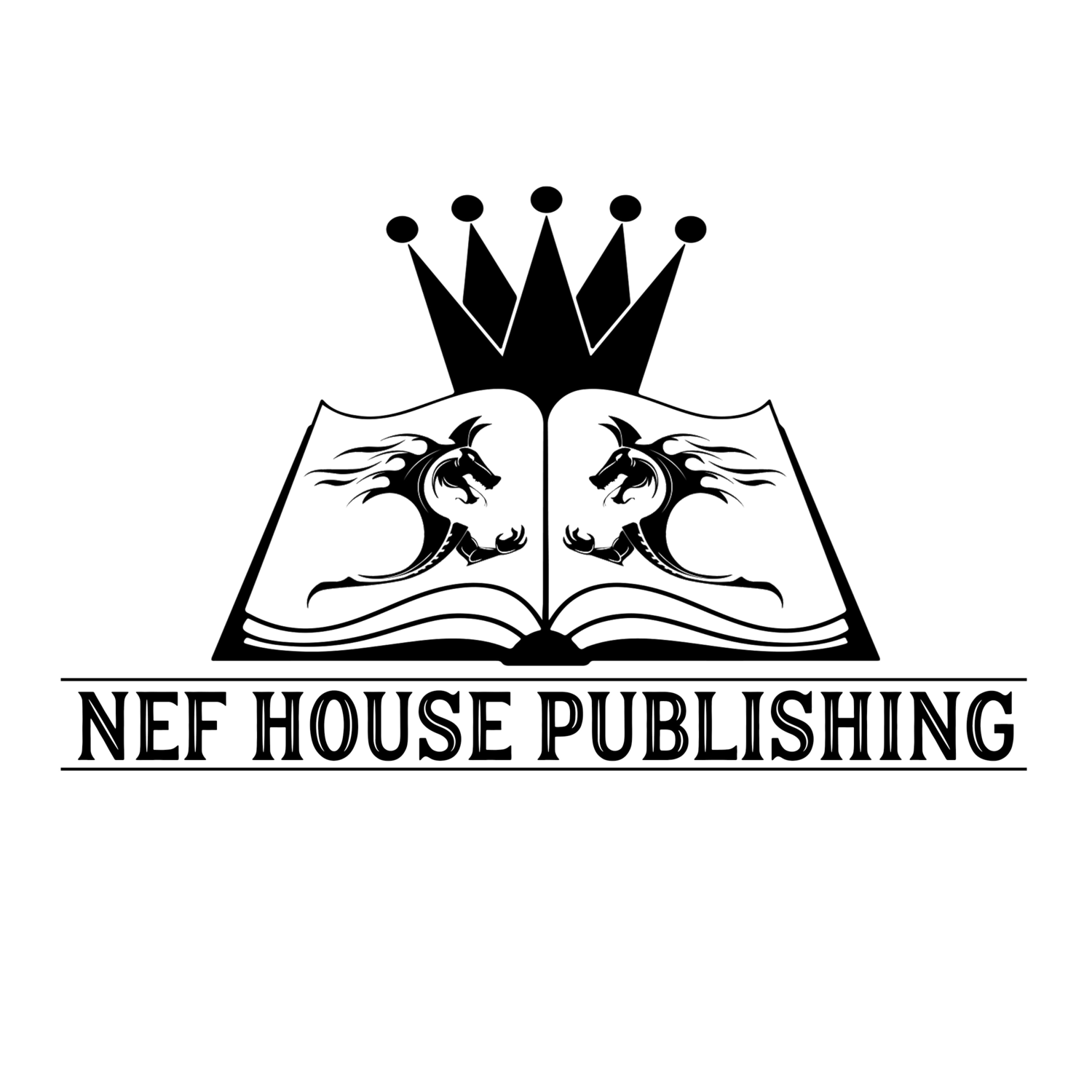What kinds of editing can you get? And what do you actually need?
There are a lot of terms for different kinds of editing. Let’s take a look:
Copy / Proofing - A lot of people use these and other variants to mean the final check of a manuscript for grammar and syntax errors. A proofread edit will identify things like bad commas, split infinitives, subject-verb errors, and other nuts and bolts. A proofread edit will not identify things like overused word choice, character actions that make no sense, and that sort of thing. Proofing is necessary as the final step in manuscript preparation (before formatting), and it is also something that can be done by the author on their own—if you have an expert knowledge of the rules of grammar. If you aren’t 100% confident in your grammar abilities, hire a professional.
Line Editing - The most necessary kind of editing. Producing a book without line editing is synonymous with producing a failing project. Line editing is a process in which a professional editor deeply familiar with your genre and its tropes goes through the manuscript looking for every single error possible. Grammar, syntax, plot, character, setting, and everything else you can imagine. No stone left unturned. You should get detailed comments on every single line of the manuscript that can be improved.
Developmental Editing - This kind is—for most authors—the least necessary. A developmental editor will read your manuscript and give you “big picture” feedback about plot and characters. They won’t provide edits regarding grammar and syntax, so the best time to get developmental editing is when you’re still working on a rough draft of your manuscript. In general, newer authors tend to benefit the most from developmental editing while veteran writers rarely find it to be worth the money.
How much should each service cost?
There are, of course, many different answers to that question. And they might all be correct. The key is to find an editor that fits well with your style. If you’re writing horror, you don’t want an editor who does mostly regency romance, of course. And keep in mind that you get what you pay for. A very cheap editor is likely inexperienced, has very low demand for their services, few or no repeat clients, and delivers subpar quality.
As a general rule, the different types of editing should have costs in accordance with the amount of time they take to complete. Proofing is the fastest, so that should be the cheapest kind of editing. Developmental doesn’t take much longer than proofing, so it shouldn’t cost too much more over the price of proofing. And line editing is far and away the most involved. Expect to find the highest prices for line editing.
Need help self-editing before hiring a pro?
We have a handful of guides all written by industry pros that cover a wide variety of topics from crafting unique fantasy races to the nuts and bolts of formatting commas and other punctuation. Just click the News tab at the top to browse.
